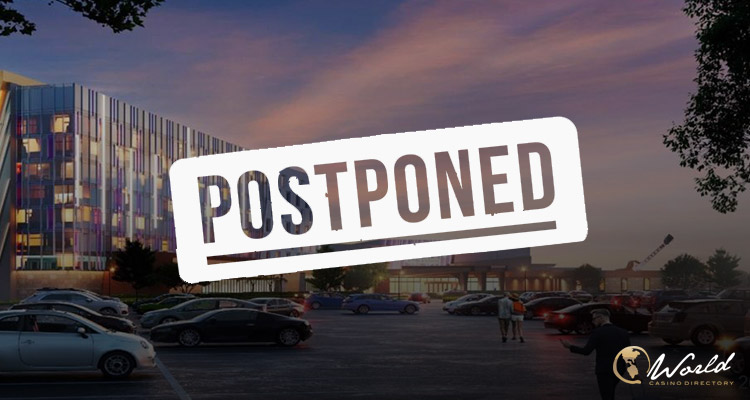The Kenosha County Board has officially voted to delay reviewing of an intergovernmental contract with the Menominee Tribe of Wisconsin for a proposed casino project till 2024, saying it needs additional information and time to evaluate the proposal.
Decision:
The official vote was held on the night of November 21, and the Board voted 13-7 to postpone the official review of said intergovernmental contract to January 16th. Additionally, the disaffected supervisors wished to delay contract action “indefinitely”, which would have led to a resumption of the contract evaluation process, involving referring it to the commissions.
The final decision occurred following an hour of public comments period and the Kenosha City Council’s decision, announced after a no-opposition vote on the night of November 20, to postpone its decision on the contract till January 3. Additionally, the members of the Council listed the rapid pace at which the contract progressed, the necessity for additional traffic information accumulated by the proposed project, the public’s perception of the transparency of discussions and property values as causes for the postponement.
Moreover, during the previous week, Kenosha’s Finance Committee formally voted 4-3 to reject the aforementioned suggested casino contract with the Menominee Tribe that would have collected $81.7 million in income sharing during more than 20 years. On the contrary, the Legislative Committee officially voted 4-2 to back up the contract. Additionally, the said tribe intends to construct a casino, aka an investment worth $360 million, with Hard Rock International on approximately 60 acres located west of Interstate 94.
Advantages of the proposed casino:
In compliance with the information gleaned from the administration’s analysis of the intergovernmental contract with the tribe, Kenosha county is expected to get over $33 million throughout the first 10 years if the casino opens its doors to players, involving 1% of the net win income, yearly payments to promote charitable donations and responsible gaming and tribal sales taxes in addition to others. Throughout the years 11-20, income to the county is projected to increase to over $48.7 million, involving a 1.33% of the net win and additional required contract payments, according to the Kenosha News.
As for the net win specifically, it represents the dissimilarity between the overall sum wagered on gambling and the sum that the casino would have paid out as rewards. Also, since the proposed casino would ultimately be cited within the city borders, Kenosha would receive a larger share of the income, which the creators calculated would be between $12 million and $15 million yearly for the city and the county. It is calculated that the net profit of the city would amount to 3% during a time frame of 20 years.
As for the payments to Kenosha County, they are meant to counterbalance losses to what would accrue from the expenses of the growing need for social services, property taxes, infrastructure and capital improvements and law enforcement. However, the yearly expense to the county would be $2.6 million to $2.8 million, also according to the aforementioned analysis.
All in all, the casino’s expected yearly profit is projected to be between $250 to $295 million. What’s more, intergovernmental contracts require that approximately 5% of net gaming income be returned to local governments, aka between $12 to $15 million annually, the developers said.



